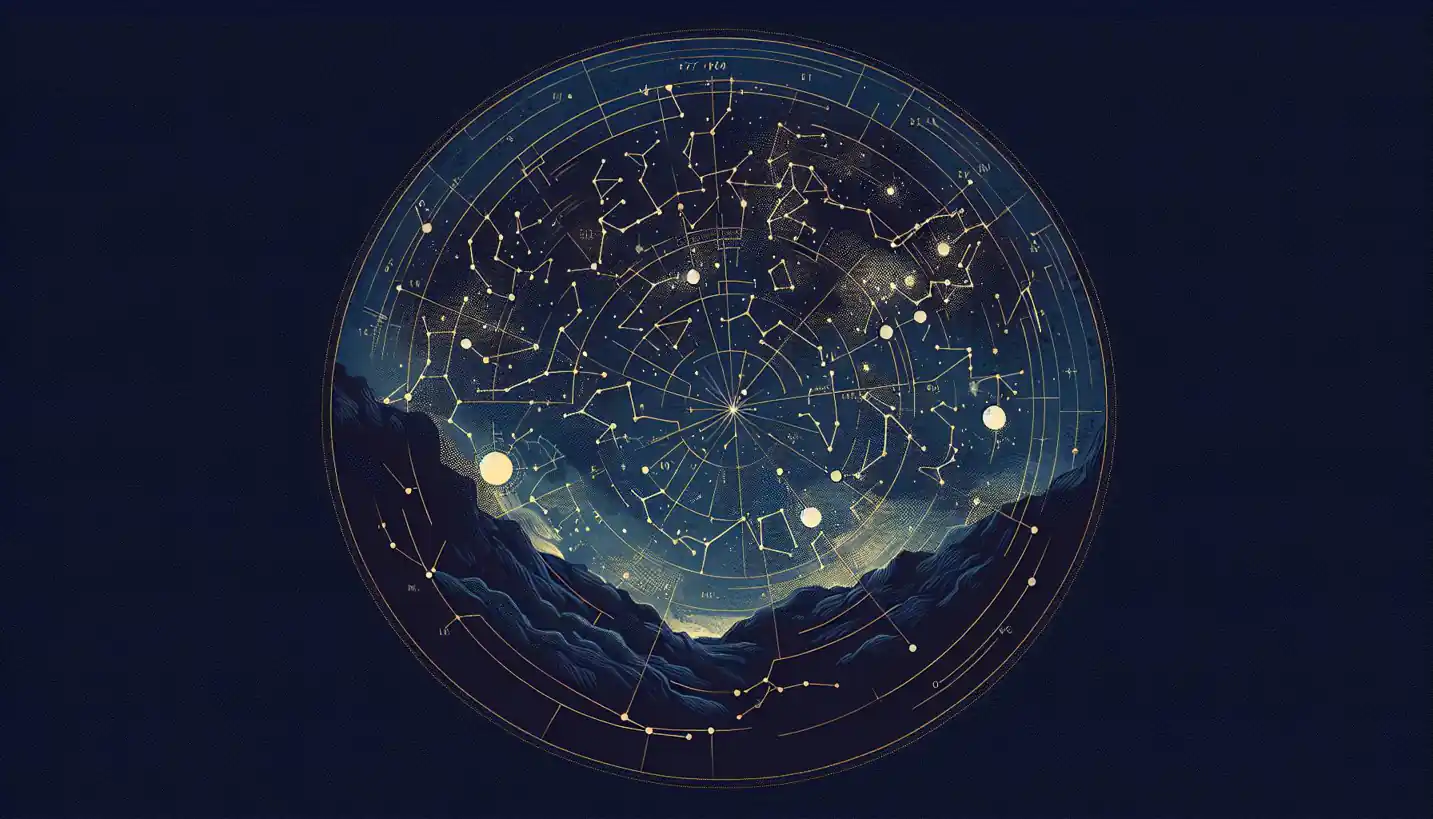· Astronomy · 4 min read
Biocentrism: Exploring Life's Role in the Cosmos
Biocentrism explores life’s central role in the cosmos and its potential influence on space. Dive into this perspective to see how life fits into the universe.

Understanding the vast universe brings many intriguing concepts, and biocentrism stands out as a particularly fascinating one. This idea connects life with the very fabric of the cosmos, offering a different perspective on our place in the universe. Let’s delve into how biocentrism, within the realms of astrobiology and astronomy, shines a new light on life’s interconnectedness with everything around us.
What is Biocentrism?
Biocentrism is a philosophical viewpoint that suggests life and biology are central to reality, influencing everything in the universe. Unlike traditional views that see the universe existing independently of life, biocentrism flips the script. It proposes that life creates the universe’s reality, not the other way around. This approach challenges the long-held idea that consciousness is just a small byproduct of physical processes.
The Universe from a Life-Centered Perspective
To understand this, imagine shifting our viewpoint. Instead of seeing life as a small part of the universe, biocentrism invites us to consider life as playing a pivotal role. In this way, the universe isn’t just a backdrop but something fundamentally influenced by living organisms. It’s like looking at a painting and realizing its beauty and depth come alive only when someone is there to observe it.
The Connection with Astrobiology
Astrobiology, which is the study of life beyond Earth, finds a unique relation with biocentrism. Astrobiologists explore life’s potential in the cosmos and ask profound questions about its origins and prevalence across the universe. If biocentrism is correct, then life might not only exist elsewhere but could fundamentally shape the realities of other worlds, too.
Recent advances in discovering exoplanets—planets outside our solar system—fuel these discussions. The possibility of life on such planets prompts us to reconsider how life might be more than accidental. It may be a vital force that shapes planetary environments, even influencing cosmic physics.
Viewing the Cosmos through Biocentrism
From an astronomical standpoint, the universe is a vast, often cold, expanse filled with stars, galaxies, and seemingly infinite mysteries. Yet, biocentrism suggests these mysteries are deeply connected to the phenomena of life and consciousness. One could imagine the universe as more of a grand symphony where life plays the key notes.
For instance, consider the way we observe the universe through telescopes. The very act of observation could be inherently tied to the characteristics of the universe we’re observing. According to biocentrism, our ability to perceive the stars and galaxies may be an integral part of what brings them into being as we know them.
Questions and Curiosities
This concept leaves us with mind-bending questions. What if life’s existence is necessary for the universe to function as it does? Could our presence in the cosmos be more meaningful than we currently comprehend? These questions are not just theoretical but challenge the very way we think about reality and consciousness.
The Implications for Science and Philosophy
Biocentrism could transform our understanding of both science and philosophy. If life is central, then our scientific pursuits might take on entirely new dimensions. We may start exploring not just the physical properties of the cosmos but also its biological connections. This could lead to exciting advancements, bridging the gap between life sciences and physical sciences in unexpected ways.
Current Research and Future Directions
Although biocentrism is still a speculative concept, researchers from various fields are beginning to explore its implications seriously. The study of consciousness, both in neuroscience and quantum physics, might reveal clues that support this perspective. Moreover, as technology advances, gathering data from other planets might provide evidence or context for biocentric theories.
Astrobiologists are particularly interested because discovering life elsewhere could drastically affect our understanding of biocentrism. It might show that life isn’t a rare occurrence but a common, perhaps essential, aspect of the universe.
Why Biocentrism Matters
The importance of biocentrism lies in its ability to make us question and expand our understanding of existence. It opens doors to new ways of thinking about life’s unity with the universe. By considering life not as a mere outcome but as a fundamental aspect of reality, we gain a fresh perspective on everything from cosmic evolution to human consciousness.
Exploring the Frontier
As we explore this frontier, we must keep our minds open to the possibilities. The interplay between life and the universe might be far more intricate than we ever imagined. Whether you’re captivated by the stars or intrigued by the mysteries of life, biocentrism offers a rich field of curiosity and wonder.
In the end, biocentrism is more than just a concept. It’s a lens through which we can explore the profound connections between life and the cosmos. And as we continue to push the boundaries of science and philosophy, who knows what astonishing revelations await us on this cosmic journey?


